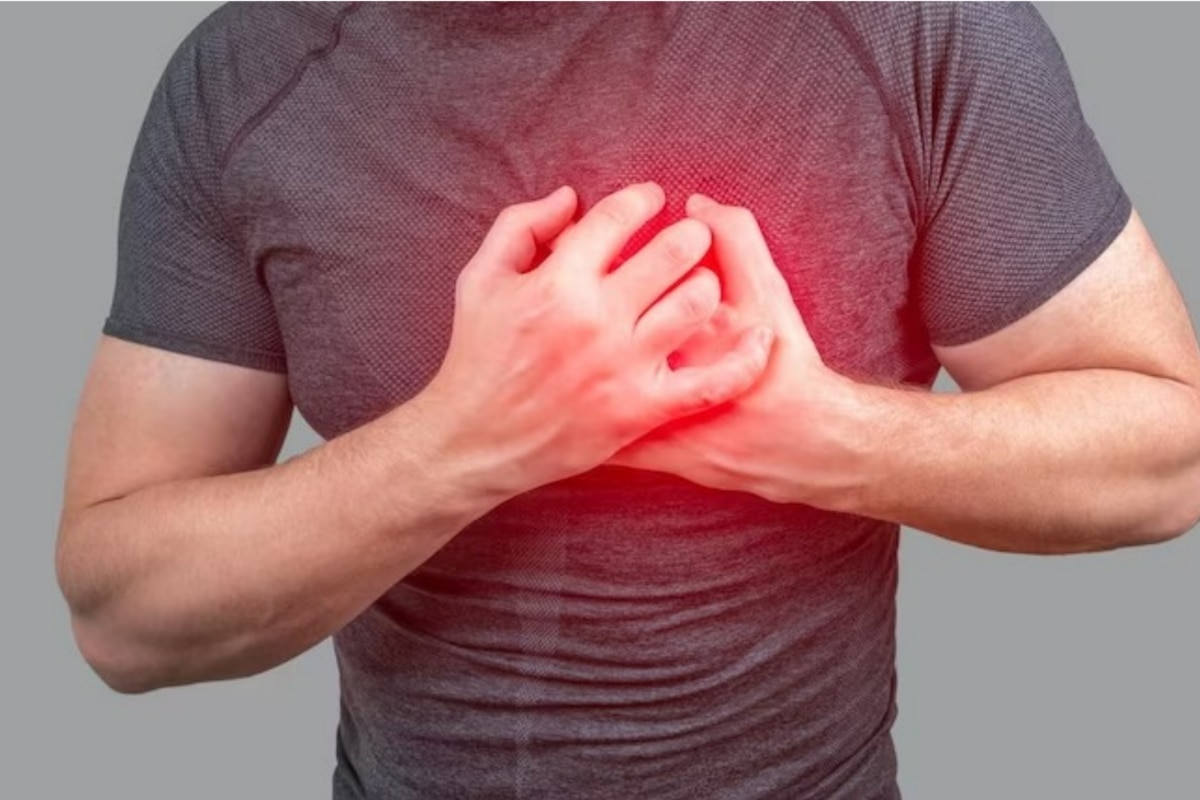A few easy dietary changes, along with exercise and other heart-healthy practices, may help you control high cholesterol naturally.

A person’s diet has a significant impact on how healthy their cholesterol levels are. Consuming meals that keep cholesterol levels in a healthy range can help avoid health problems such as a heart attack or stroke. Cholesterol is a waxy molecule that circulates in the circulation as a component of two lipoproteins: low-density lipoprotein (LDL) and high-density lipoprotein (HDL) (HDL). LDL cholesterol is commonly referred to as “bad” cholesterol because it causes fatty deposits to form in blood vessels. These deposits can obstruct blood flow, resulting in heart attacks or strokes. HDL, or “good” cholesterol, aids in the removal of cholesterol from the body via the liver. High HDL cholesterol levels can lower the risk of heart disease and stroke.
What exactly is Cholesterol?
Cholesterol is a waxy, fatty molecule found in your blood that is naturally created by your liver. Cholesterol serves various functions in your body, but having too much of it in your blood can be dangerous. Elevated cholesterol levels in the blood are mostly produced by consuming meals that are not part of a heart-healthy dietary pattern. Following a heart-healthy eating pattern will allow you to consume foods that are naturally low in harmful fats and rich in beneficial fats.
Will a cup of oats help you lose weight? Why not try a handful of almonds? A few easy dietary changes, along with exercise and other heart-healthy practices, may help you decrease your cholesterol.
How can I reduce my cholesterol by diet?
These are some dietary actions you may take to decrease your cholesterol:
• Increase your intake of soluble fibre.
• Reduce your consumption of saturated fat.
• Transfats should not be consumed.
• Consume a variety of foods.
• Increase your intake of soluble fibre – This is a kind of water-soluble fibre. Soluble fibre binds to bile (which contains cholesterol) and excretes it with your body’s waste.
• Reduce your consumption of saturated fat – Saturated fat is a solid kind of fat at room temperature. Saturated fat is commonly found food items like meat and dairy products.
• Transfat should not be consumed – Transfat is a byproduct of the reaction of liquid vegetable oil with hydrogen. While this is encouraging news, it does not imply that fast food and processed foods are completely safe. They may contain a lot of saturated fat. Furthermore, due to their cooking procedure, they may still contain transfat (like frying).
• Consume a variety of foods – While attempting to achieve healthy cholesterol levels through nutrition, it is critical to have meals that include a variety of fruits, vegetables, whole grains, protein sources, low fat dairy/dairy substitutes, and fats.
Conclusion:
Keep in mind that there are several forms of cholesterol. While “good” HDL cholesterol may be advantageous to your health, high levels of “bad” LDL cholesterol have been associated to an increased risk of heart disease, heart attack, and stroke, particularly when oxidized. This is due to the fact that oxidized LDL cholesterol is more prone to adhere to the walls of your arteries and form plaques, which obstruct these blood channels.
Stay connected with us on social media platform for instant update click here to join our Twitter, & Facebook
We are now on Telegram. Click here to join our channel (@TechiUpdate) and stay updated with the latest Technology headlines.
For all the latest Lifestyle News Click Here
